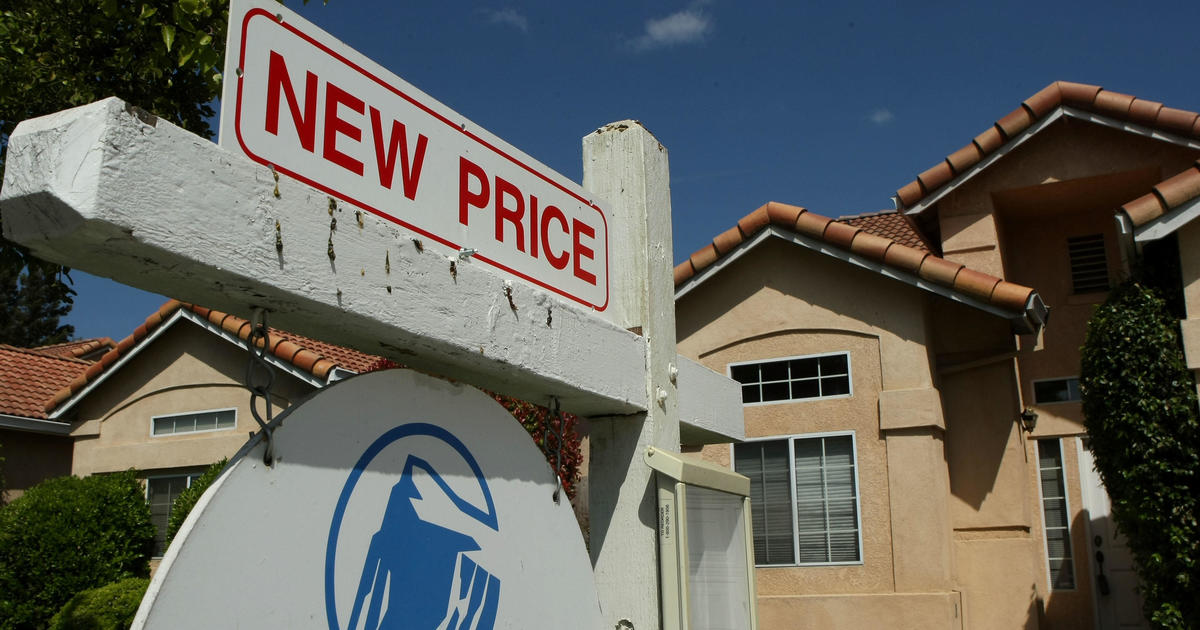Gas prices may jump at the pump after Syria airstrike
Gas prices may be on the rise following the U.S. airstrike in Syria.
Oil prices hit a one-month high on Friday after the United States fired missiles at a Syrian government airbase, sending shockwaves through global markets and raising concerns that the conflict could spread in the oil-rich region. As of Friday morning, the average per-gallon price for gasoline was $2.39, or an increase of about one penny from Thursday, according to gas tracking site GasBuddy.
Gasoline prices had already inched higher this month, rising 4.2 cents to reach an average cost of $2.33 per gallon in the week ending April 3, GasBuddy said. Even before the Syria strike, consumers were forecast to pay more at the pump over the next few months, given the annual cycle of higher driver demand in the summer and as gas stations introduce a more expensive fuel blend, the AAA said.
“As we’ve seen in the past, oil prices hate turmoil,” said GasBuddy senior petroleum analyst Patrick DeHaan said in a statement on Twitter. “It is too early to know how severe or how long the impact to oil prices may be.”
The U.S. equities appeared to be unphased by the attack, with U.S. stock index futures flat on Friday morning. Still, oil, gold, foreign exchange, German and U.S. 10-year bonds reacted strongly to the attack. Traders are likely to be “jittery” on Friday, Shaw and Partners senior wealth manager James Audiss told Bloomberg News.
Brent crude futures were up 68 cents at $55.57 a barrel at 1012 GMT after reaching an intraday peak of $56.08, the highest since March 7, shortly after the missile strike was announced.
“The larger concern for market participants is the prospects of deeper involvement for the US and other allies in Syria,” TD Securities analysts said Friday in a report. “With Russia condemning the attack, an escalation of tensions between the U.S. and Russia (and perhaps Iran) will be closely watched as a barometer of risk appetite.”
U.S. West Texas Intermediate (WTI) crude futures were up 70 cents at $52.40 a barrel, having reached an intraday high of $52.94.
“Oil markets are back in bullish mode after the setback of the previous weeks. This news flow seems to bring geopolitical risks back on the radar,” said Frank Klumpp, oil analyst at Stuttgart, Germany-based Landesbank Baden-Wuerttemberg.
Although Syria has limited oil production, its location and alliances with big oil producers in the region mean any escalation of the conflict has the potential to increase supply-side fears.
Other analysts were more cautious, saying the conflict in Syria had no bearing on oil fundamentals and that the political risk premium could fall as quickly as it had appeared.
“Typically these kinds of events don’t really matter more than a few days, and this one definitely shouldn’t either,” said Peter Boockvar, chief market analyst for economic research firm The Lindsey Group, in a note.
Oil markets remain oversupplied, even with efforts led by the Organization of the Petroleum Exporting Countries to cut supplies to prop up prices.
Russia, which is part of a deal between OPEC and non-OPEC oil producers struck late last year to rein in supplies, said on Friday it was too early to say whether a deal could be extended into the second half of the year.
The government has held discussions on a possible deal extension with domestic oil producers, Russian Energy Minister Alexander Novak said.



